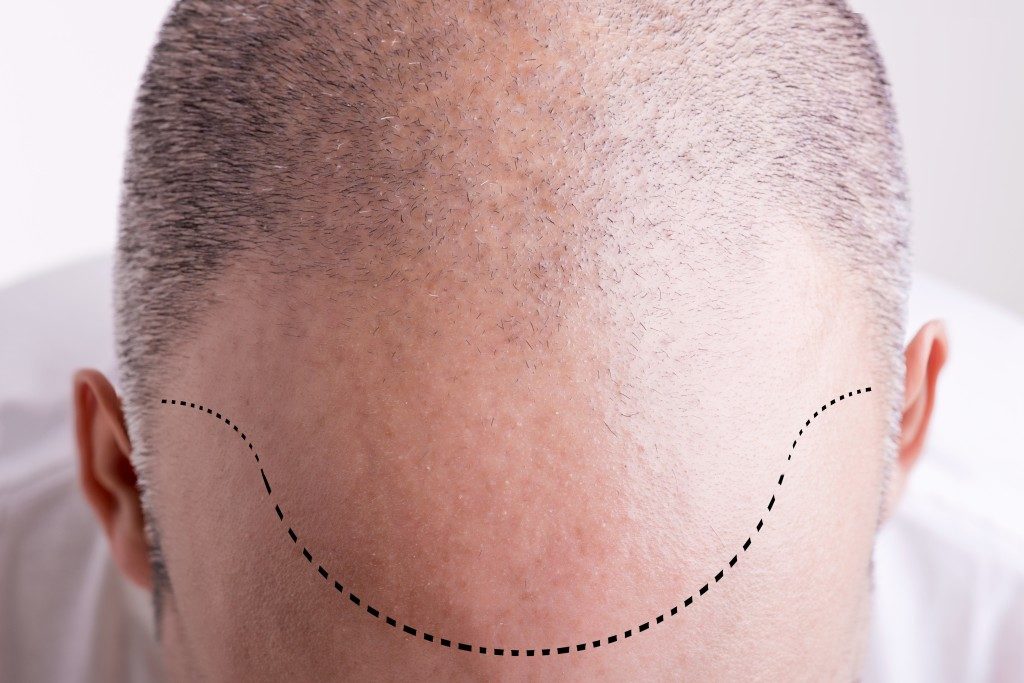Dehydration is a serious concern for people of all ages, but it’s especially dangerous for young children. Because they are still growing and developing, children are more susceptible to the effects of dehydration, which can include everything from dizziness and headaches to seizures and coma. As a parent, it’s important to recognize the signs of dehydration in your child so that you can get them the help they need.
Here are some of the most common signs that your child is dehydrated:
They’re thirsty. This is often the first sign that something is wrong. If your child asks for water or juice more frequently than usual, it could be a sign that they’re not getting enough fluids.
Dry lips and mouth. Another early sign of dehydration is dryness around the mouth and lips. If your child’s lips look chapped or cracked, it’s time to give them something to drink.
Tired and cranky. Dehydration can cause fatigue and irritability. If your normally happy child seems unusually tired or grumpy, it could be a sign of not getting enough fluids.
Fewer wet diapers than usual. If you notice that your child’s diapers stay dry for longer, it could be a sign of dehydration. Keep an eye on how often you need to change their diaper; fewer wet diapers than usual could mean they’re not getting enough fluids.
Their urine is dark yellow or orange. Another way to tell if your child is dehydrated is by checking the color of their urine; if it’s dark yellow or orange, it means they need more fluids.
Sunken eyes or cheeks. Pay close attention to your child’s eyes and cheeks; if they seem sunken or hollow, it could signify dehydration.
Rapid heartbeat. An increased heart rate is another symptom of dehydration. If you notice that your child’s heart is beating faster than normal, it could be a sign that they need more fluids.
Having trouble breathing. Dehydration can also cause difficulty breathing. A child struggling to catch their breath could be a sign that they need medical attention.
They have fainting spells. If your child feels dizzy or lightheaded and then faints, this is a serious sign of dehydration that needs medical attention immediately.
What You Can Do at Home
If you notice any of these signs in your child, you can do something to help at home. Give them plenty of fluids, preferably water or an electrolyte solution. You can also offer foods with high water content; think of fruits and vegetables like cucumbers, melons, and tomatoes. Make sure not to give them caffeinated drinks like soda, as these can make them more dehydrated.
For Infants
If your child is under the age of six months, they should be seen by a doctor as soon as possible if you suspect dehydration. For babies over six months, you can do the following:
- Give them plenty of fluids; breast milk or formula is best, but you can also offer water.
- Offer foods with high water content.
- Replace lost electrolytes with electrolyte solutions
- Monitor their wet diapers

When to See a Doctor
Your child may be severely dehydrated when they show the following signs:
- They have not urinated in 8 hours.
- They have fever and vomiting.
- They appear lazy or are not producing tears when crying.
- Their skin does not spring back after a pinch.
- They have seizures or fainting spells.
If your child is showing any of these signs, it’s urgent to take them to an urgent care center for children. It’s important to take them to a doctor if they’re not improving after you’ve tried home remedies. Children, especially ages six months or younger, should always be seen by a medical professional immediately if they show signs of dehydration. A medical professional can perform tests and provide the best treatment plan for your child. With prompt medical attention, dehydration will usually resolve itself quickly.
Ways to Prevent Dehydration
The best way to prevent dehydration is to keep your child well-hydrated. This means providing plenty of fluids and offering high-water-content foods. If your child is outside for a long time, have water or electrolyte solutions on hand. At home, keep sippy cups or bottles of water available for your child to drink whenever they’re thirsty. It’s also important to ensure your child gets enough sleep, as a lack of sleep can make them more prone to dehydration.
It would help if you incorporated plenty of fluid and electrolyte-rich foods into your child’s diet to ensure they are properly hydrated. These foods are often high in sodium and potassium, which can help replenish electrolytes. Foods like yogurt, milk, oranges, bananas, tomatoes, cucumbers, and melons are good options
Finally, ensuring your child is properly dressed for the weather is important. If they are outside in hot temperatures, wear loose-fitting clothing and a hat to keep them cool. This will help reduce the risk of heat exhaustion and dehydration.
When it comes to dehydration, children are especially vulnerable. As a parent, then, you need to know the signs of dehydration in your child so that you can act fast if they start showing them. If you notice any of the above symptoms in your kid, don’t hesitate to get professional medical help; because if left untreated, dehydration can turn into a life-threatening condition very quickly.







